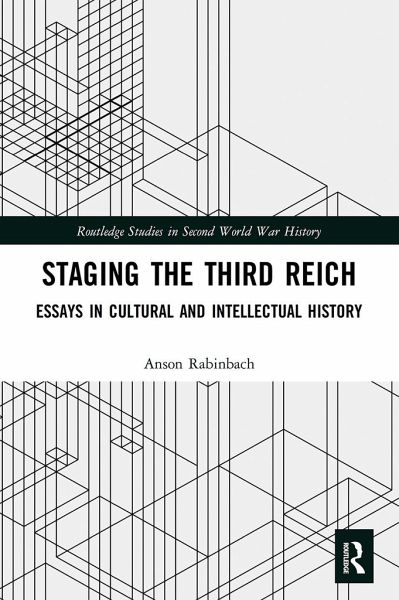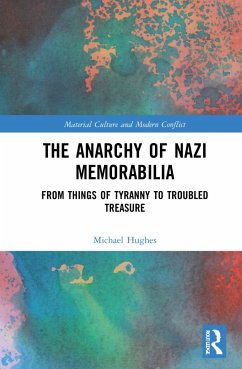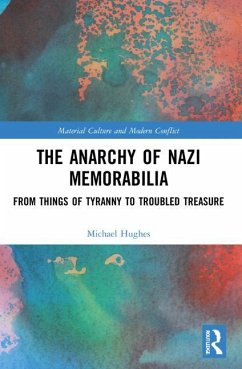
Staging the Third Reich
Essays in Cultural and Intellectual History
Herausgegeben: Geroulanos, Stefanos; Herzog, Dagmar
Versandkostenfrei!
Versandfertig in 6-10 Tagen
46,99 €
inkl. MwSt.
Weitere Ausgaben:

PAYBACK Punkte
23 °P sammeln!
A widely celebrated intellectual historian of twentieth-century Europe, Anson Rabinbach is one of the most important scholars of National Socialism working over the last forty years. This volume collects, for the first time, his pathbreaking work on Nazi culture, antifascism, and the after-effects of Nazism on postwar German and European culture. Historically detailed and theoretically sophisticated, his essays span the aesthetics of production, messianic and popular claims, the ethos that Nazism demanded of its adherents, the brilliant and sometimes successful efforts of antifascist intellect...
A widely celebrated intellectual historian of twentieth-century Europe, Anson Rabinbach is one of the most important scholars of National Socialism working over the last forty years. This volume collects, for the first time, his pathbreaking work on Nazi culture, antifascism, and the after-effects of Nazism on postwar German and European culture. Historically detailed and theoretically sophisticated, his essays span the aesthetics of production, messianic and popular claims, the ethos that Nazism demanded of its adherents, the brilliant and sometimes successful efforts of antifascist intellectuals to counter Hitler's rise, the most significant concepts to emerge out of the 1930s and 1940s for understanding European authoritarianism, the major controversies around Nazism that took place after the regime's demise, the philosophical claims of postwar philosophers, sociologists and psychoanalysts-from Theodor Adorno to Hannah Arendt and from Alexander Kluge to Klaus Theweleit-andthe role of Auschwitz in European history.














